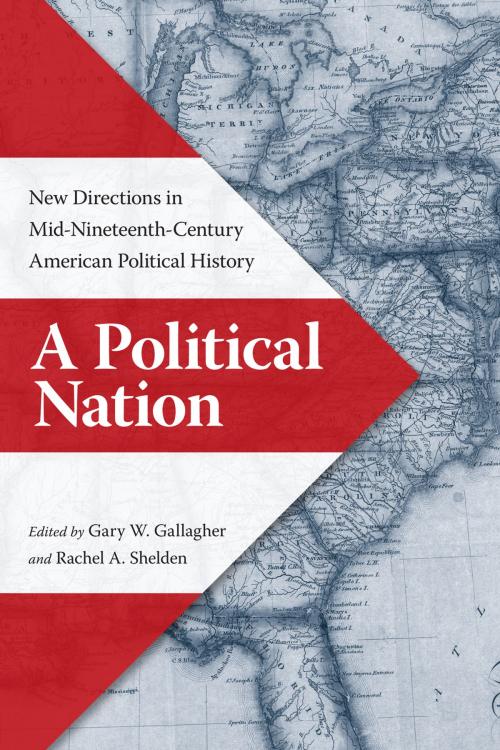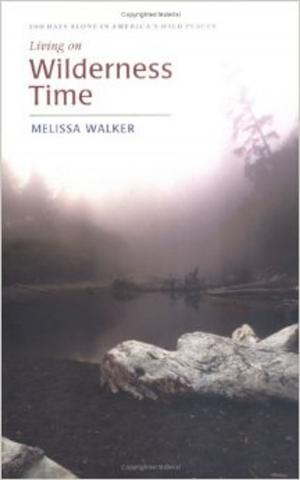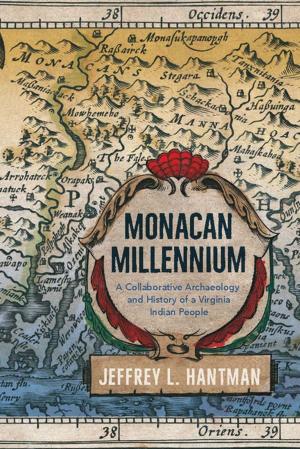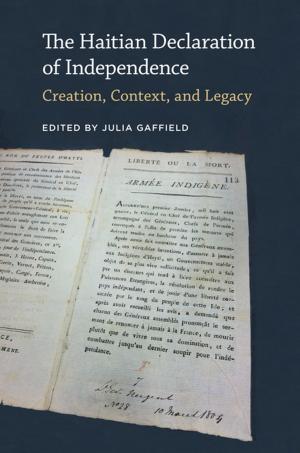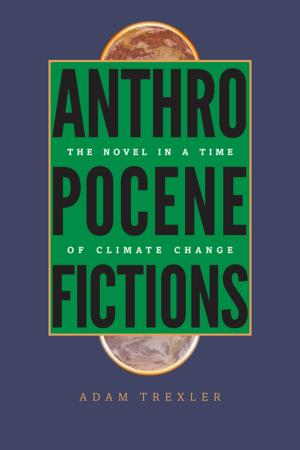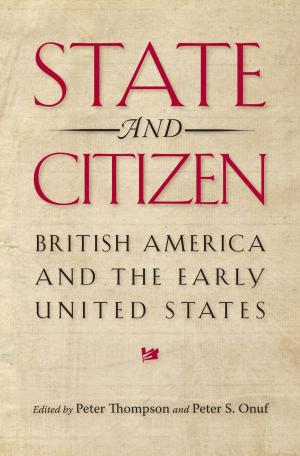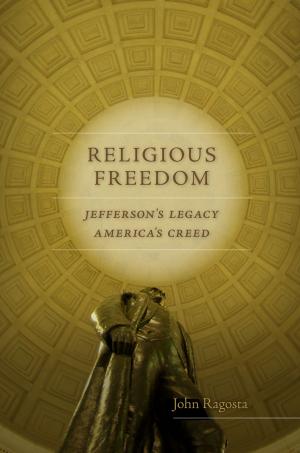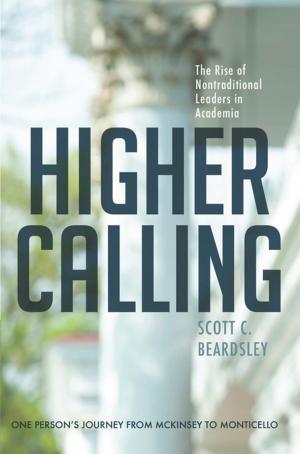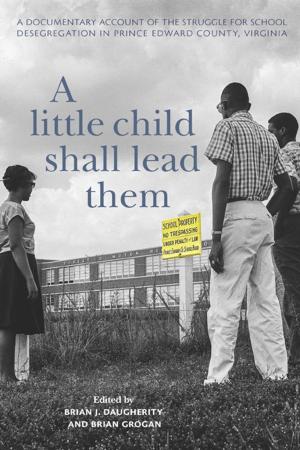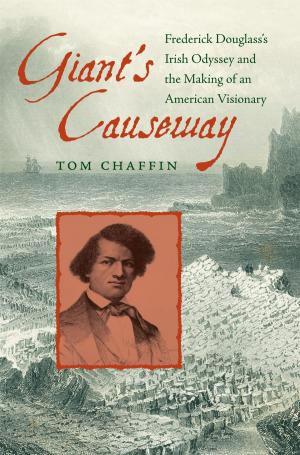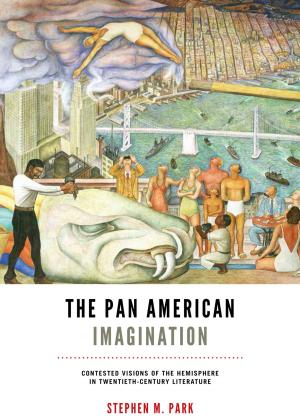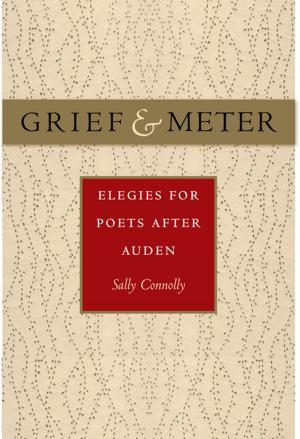A Political Nation
New Directions in Mid-Nineteenth-Century American Political History
Nonfiction, History, Americas, United States, 19th Century| Author: | ISBN: | 9780813932835 | |
| Publisher: | University of Virginia Press | Publication: | June 5, 2012 |
| Imprint: | University of Virginia Press | Language: | English |
| Author: | |
| ISBN: | 9780813932835 |
| Publisher: | University of Virginia Press |
| Publication: | June 5, 2012 |
| Imprint: | University of Virginia Press |
| Language: | English |
This impressive collection joins the recent outpouring of exciting new work on American politics and political actors in the mid-nineteenth century. For several generations, much of the scholarship on the political history of the period from 1840 to 1877 has carried a theme of failure; after all, politicians in the antebellum years failed to prevent war, and those of the Civil War and Reconstruction failed to take advantage of opportunities to remake the nation. Moving beyond these older debates, the essays in this volume ask new questions about mid-nineteenth-century American politics and politicians.
In A Political Nation, the contributors address the dynamics of political parties and factions, illuminate the presence of consensus and conflict in American political life, and analyze elections, voters, and issues. In addition to examining the structures of the United States Congress, state and local governments, and other political organizations, this collection emphasizes political leaders—those who made policy, ran for office, influenced elections, and helped to shape American life from the early years of the Second Party System to the turbulent period of Reconstruction.
The book moves chronologically, beginning with an antebellum focus on how political actors behaved within their cultural surroundings. The authors then use the critical role of language, rhetoric, and ideology in mid-nineteenth-century political culture as a lens through which to reevaluate the secession crisis. The collection closes with an examination of cultural and institutional influences on politicians in the Civil War and Reconstruction years. Stressing the role of federalism in understanding American political behavior, A Political Nation underscores the vitality of scholarship on mid-nineteenth-century American politics.
Contributors:
Erik B. Alexander, University of Tennessee, Knoxville · Jean Harvey Baker, Goucher College · William J. Cooper, Louisiana State University · Daniel W. Crofts, The College of New Jersey · William W. Freehling, Virginia Foundation for the Humanities · Gary W. Gallagher, University of Virginia · Sean Nalty, University of Virginia · Mark E. Neely Jr., Pennsylvania State University · Rachel A. Shelden, Georgia College and State University · Brooks D. Simpson, Arizona State University · J. Mills Thornton, University of Michigan, Ann Arbor
This impressive collection joins the recent outpouring of exciting new work on American politics and political actors in the mid-nineteenth century. For several generations, much of the scholarship on the political history of the period from 1840 to 1877 has carried a theme of failure; after all, politicians in the antebellum years failed to prevent war, and those of the Civil War and Reconstruction failed to take advantage of opportunities to remake the nation. Moving beyond these older debates, the essays in this volume ask new questions about mid-nineteenth-century American politics and politicians.
In A Political Nation, the contributors address the dynamics of political parties and factions, illuminate the presence of consensus and conflict in American political life, and analyze elections, voters, and issues. In addition to examining the structures of the United States Congress, state and local governments, and other political organizations, this collection emphasizes political leaders—those who made policy, ran for office, influenced elections, and helped to shape American life from the early years of the Second Party System to the turbulent period of Reconstruction.
The book moves chronologically, beginning with an antebellum focus on how political actors behaved within their cultural surroundings. The authors then use the critical role of language, rhetoric, and ideology in mid-nineteenth-century political culture as a lens through which to reevaluate the secession crisis. The collection closes with an examination of cultural and institutional influences on politicians in the Civil War and Reconstruction years. Stressing the role of federalism in understanding American political behavior, A Political Nation underscores the vitality of scholarship on mid-nineteenth-century American politics.
Contributors:
Erik B. Alexander, University of Tennessee, Knoxville · Jean Harvey Baker, Goucher College · William J. Cooper, Louisiana State University · Daniel W. Crofts, The College of New Jersey · William W. Freehling, Virginia Foundation for the Humanities · Gary W. Gallagher, University of Virginia · Sean Nalty, University of Virginia · Mark E. Neely Jr., Pennsylvania State University · Rachel A. Shelden, Georgia College and State University · Brooks D. Simpson, Arizona State University · J. Mills Thornton, University of Michigan, Ann Arbor
